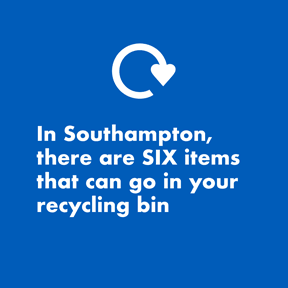Communication skills and early language development
The ability for young children to communicate effectively is a vital part of their development. Young children need to be able to communicate with their other children and adults, both to understand and be understood and so that they can play, learn and interact socially.
Why are communication skills important?
Research shows that poor language acquisition in the early years impacts a child throughout their life. The size of a child's vocabulary at age five is a very strong predictor of the qualifications they will achieve at school and beyond. It will impact on their employment prospects and their health.
Without effective help, a third of children with speech, language and communication needs require treatment for mental health problems in adult life.
How can we help?
Consider how well the home environment supports language acquisition:
- What does the child do to help build the muscles they need to speak effectively?
- How much do family speak with and around the youngest child?
- How often are books read with the child, this could be just talking about pictures. If you don't have many (or any) books you could join the library for free, which could also be a great activity during the week
- Do you sing songs at home, especially those with actions - most people remember a nursery rhyme or two
- Do family give the child the time, space and one-to-one concentration to support their development e.g. how good is eye contact, are the TV and radio turned off to minimise distractions when talking?
- Do you give children enough time to respond to questions or statements before doing so yourself? Children need more time than adults to think about what they have heard and decide what to say back - maybe up to 10 seconds to respond
- Do you repeat things several times and extend language in their responses e.g. Child: 'a car'. Parent: 'yes, a red car'


